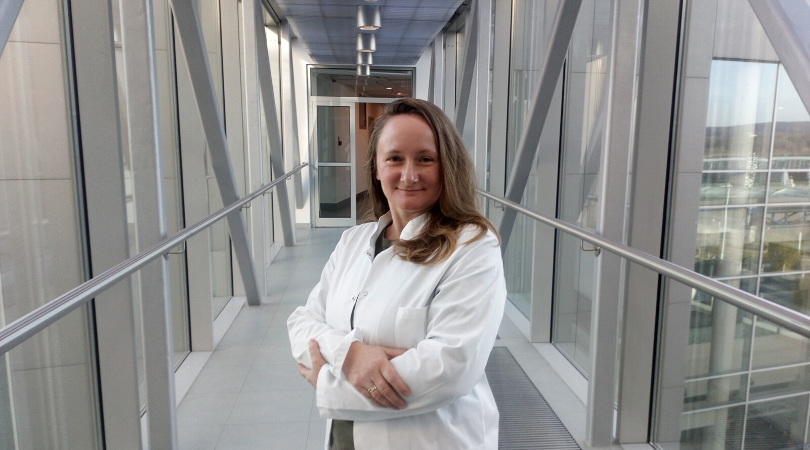In the last edition of the OPUS competition announced by the National Science Center in Krakow, Dr. Marta Smęda received funding for research on breast cancer issues. In her project, she will examine Breast cancer metastasis-induced endothelial-mesenchymal transition alongside ageing; implications for therapy.
Ageing results in progressive vascular dysfunction. The cornerstone mechanism that may lay behind age- and/or cancer-dependent deterioration of endothelial function is mesenchymal transformation of endothelial cells (EndMT) that may determine the endothelium status and, thus, the outcome of breast cancer. Progression of EndMT and its consequences in ageing remain largely unknown. Both cancer and ageing alter platelet phenotype. Therefore, although circulating platelets of healthy individuals support endothelium function, age- and/or cancer-altered platelets may act in the opposite way: drive EndMT and disrupt endothelial barrier.

The project is based on the assumption that mesenchymal transformation forms the basis for age-related endothelial dysfunction and its advancement determines endothelium status as well as the outcomes of breast cancer. The aim of the project is to investigate mesenchymal transformation in the systemic circulation (aorta), and pulmonary circulation (the lungs) alongside ageing as well as during cancer metastasis. It will be also investigated if age- and cancer-altered platelets can affect EndMT progression and endothelial barrier. Finally, it is also planed to seek candidate proteins released from platelets which can determine this process.
- Budget: PLN 3 045 370
- Implementation period: 48 months
